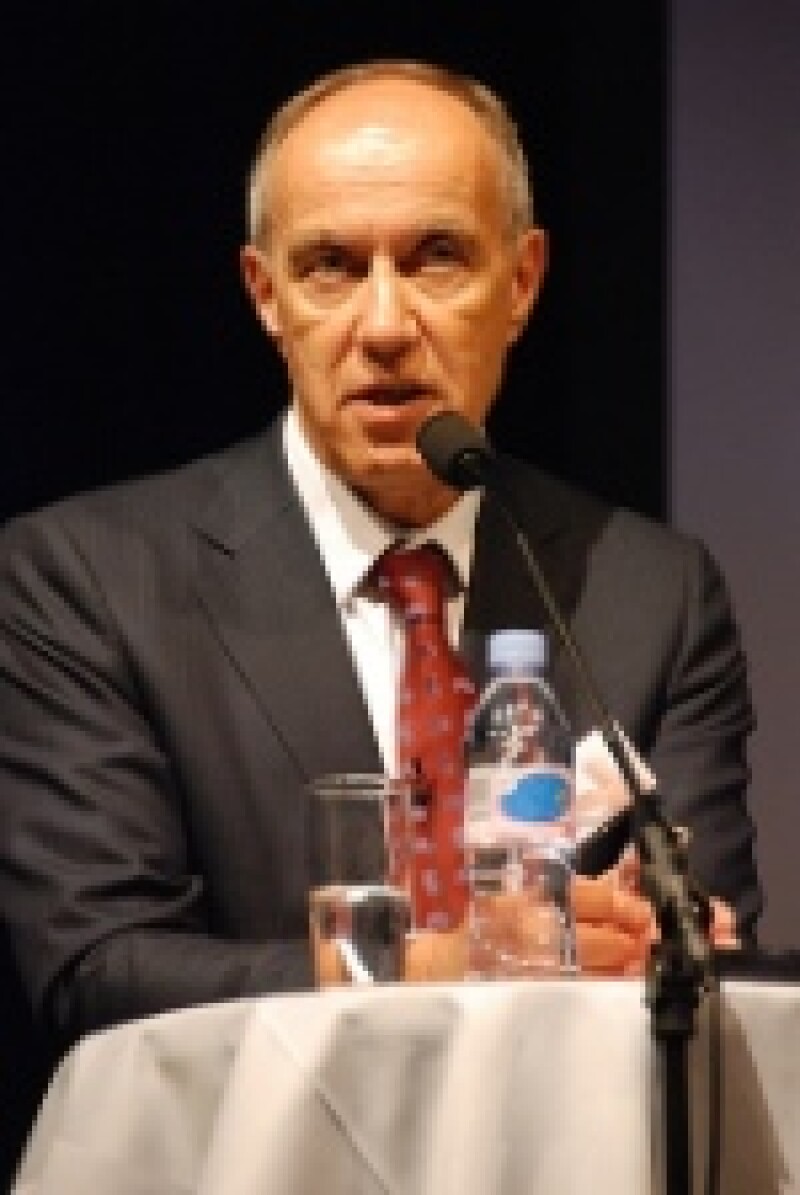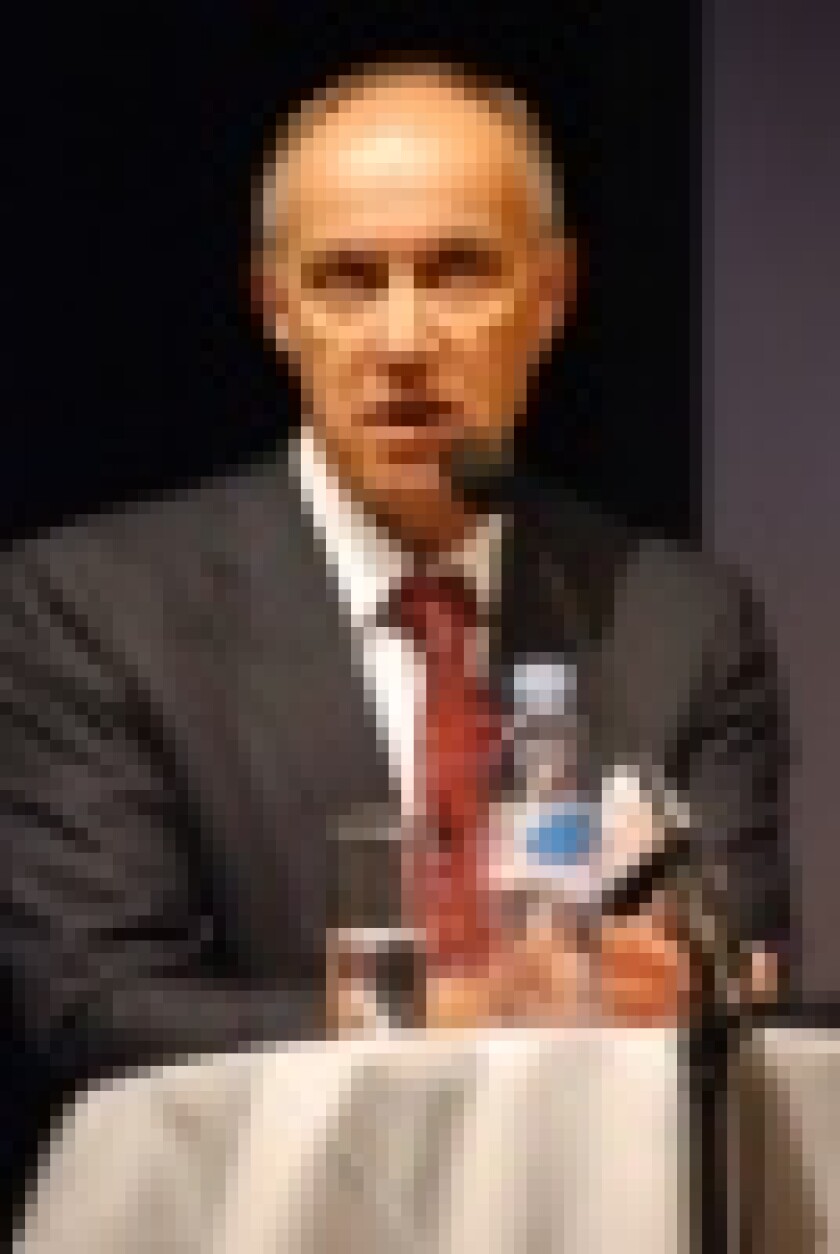Although WIPO has had difficulty passing treaties to harmonise IP laws over the past few years, the Organisation's director general Francis Gurry is confident that the negotiations over a copyright exception for blind people could provide a new start.

Speaking to Managing IP before the opening ceremony of the AIPPI Congress in Paris, he highlighted the fact that WIPO had received proposals from the EU, US, Brazil and others. "When you get that sort of engagement it's a good indication that people want something to happen," he said.
Gurry, who has just overseen the WIPO General Assemblies in Geneva from September 22 to October 1, admitted that despite the diplomatic support, a treaty "is going to take a while to negotiate".
Instead he stressed the importance of using technology to create platforms: "Treaties only create the possibility of action; platforms can actually perform the action."
For example, Gurry said that it was important not only to create the treaty excepting copyright law, but also "to make sure those exceptions talk to each other".
This does not happen at the moment, which has led to situations where five different blind accessible versions of the Harry Potter books had to be created for different markets.
To remedy this problem, WIPO is working with the International Publishers Association on a platform whereby the works created in an accessible format in the UK could be made available to blind associations in Nairobi or Uganda.
Although he admitted that a treaty to improve access to copyright works for blind people "is not going to transform the world of IP," he said it could create a basis for cooperation on more complex issues: "It's a confidence building exercise for the world of IP. If we can do that then we can do other things too."











